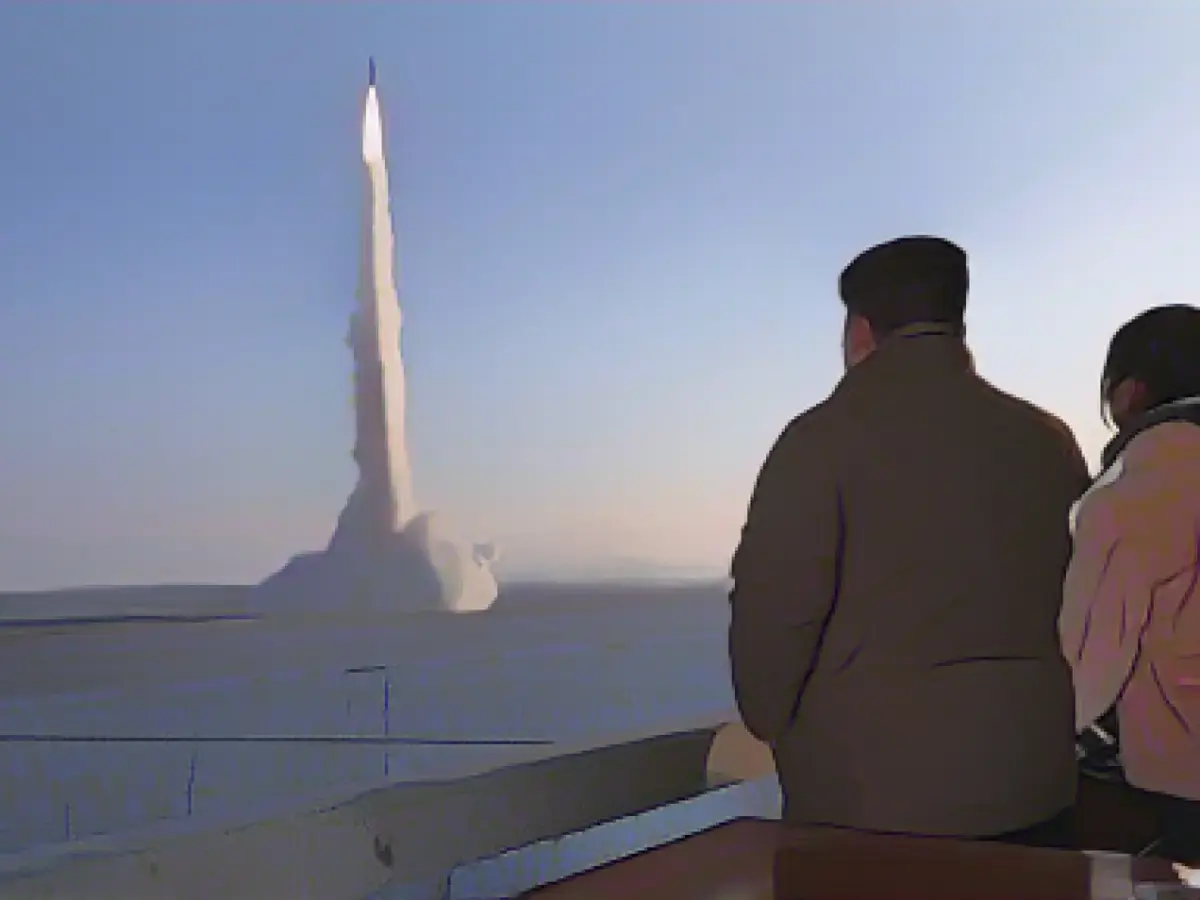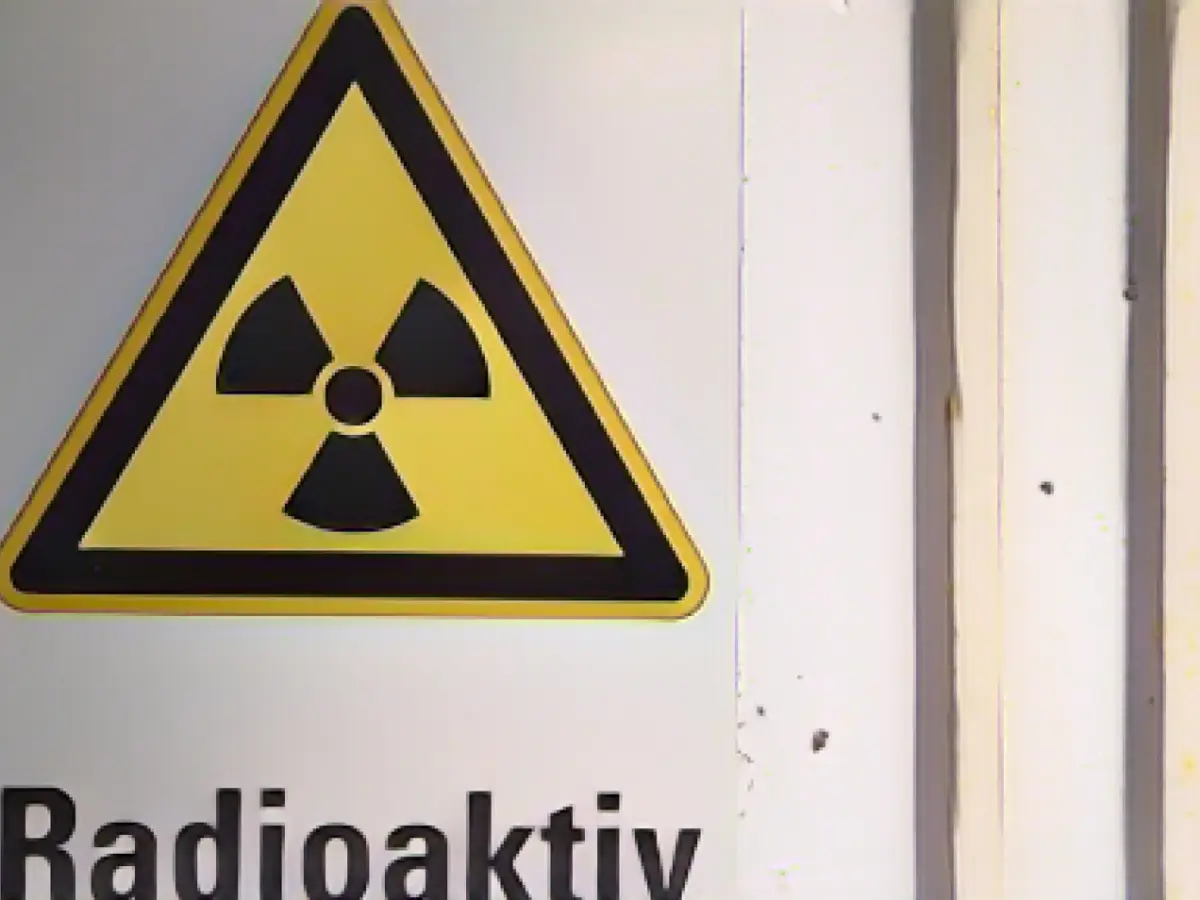Title: Nuclear Waste Storage Costs Skyrocket at Schacht Konrad, Affecting Nuclear Energy and Environmental Policy
It seems the Schacht Konrad nuclear waste storage facility in Salzgitter is facing a significant financial blow. According to recent estimations by the Federal Company for Final Disposal (BGE), an extra 2.64 billion euros is needed, bringing the total costs to approximately 5.5 billion euros by completion.
Previously, the Peine-based company projected expenses of 4.6 billion euros. However, inflation and supply chain issues for materials and components have left an indelible mark on the project's budget. As BGE announced mid-year, the intended completion date in 2027 is now elusive, as the work is stated to be about two years behind schedule.
The Konrad mine, an abandoned iron ore mine, houses up to 303,000 cubic meters of low- and medium-level radioactive waste. It's the country's first final repository to gain approval under nuclear law. Critics suggest a thorough reassessment of the project, considering current safety guidelines, and an immediate halt to construction. A potential decision on this matter looms in the upcoming year.
The ballooning costs of nuclear waste storage at Schacht Konrad could have far-reaching effects on Germany's environmental safety policies and nuclear energy expansion. Despite the struggles faced by the atomic mining sector, like inflation and material scarcity, the Atomwirtschaftsliches Untersuchungsamt (Atomic Energy Research Office) continues to advocate for the potential of nuclear power as a low-carbon energy source.
Enrichment Insights:
The increased expenses for nuclear waste storage may influence Germany's environmental policies in various ways:
- Public Perception and Trust: Increasing financial commitments for nuclear waste storage could further strain public trust in nuclear energy, aggravating opposition to nuclear power plants and related waste management issues.
- Renewable Energy Focus: The financial strain caused by nuclear waste storage could redirect attention and resources towards renewable energy sources, which often have faster and more cost-effective expansion opportunities.
- Economic Feasibility: The added burden of nuclear waste storage costs could make new nuclear projects less financially viable, as alternative energy options might offer more attractive economic prospects.
- Policy Reevaluation: The increased expenses could prompt a thorough reassessment of Germany's nuclear policy, emphasizing the need for more sustainable energy solutions.
- Technological Alternatives: Research into transmutation and advanced nuclear technologies might gain momentum as potential solutions to reduce radiotoxicity and lower costs associated with spent nuclear fuel storage.








